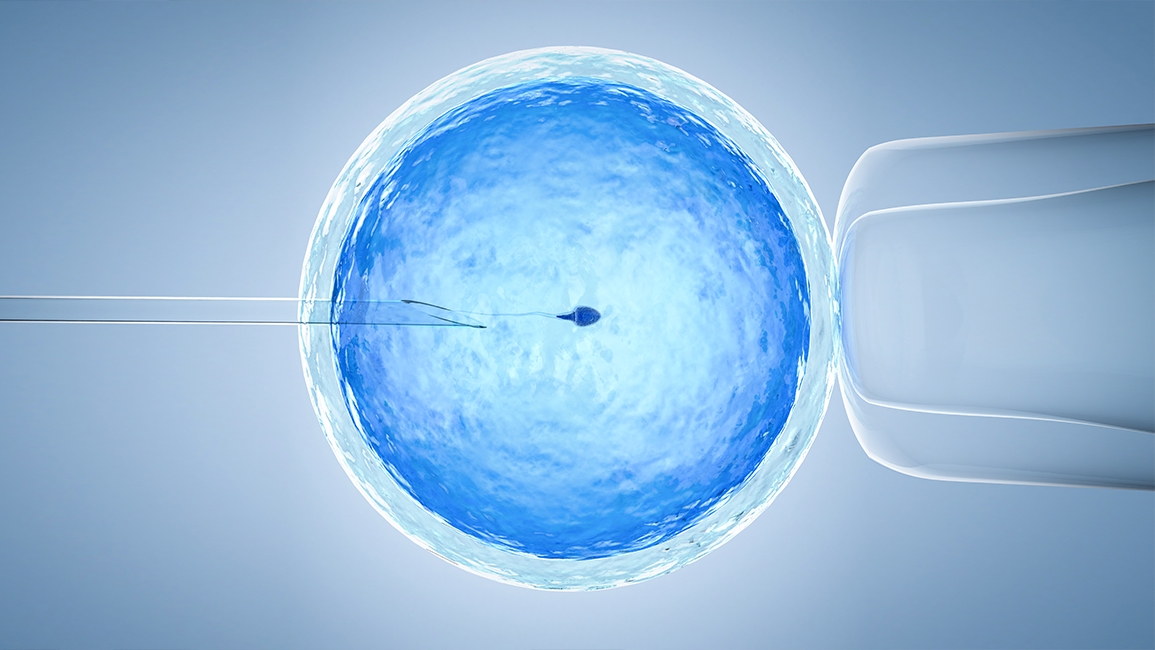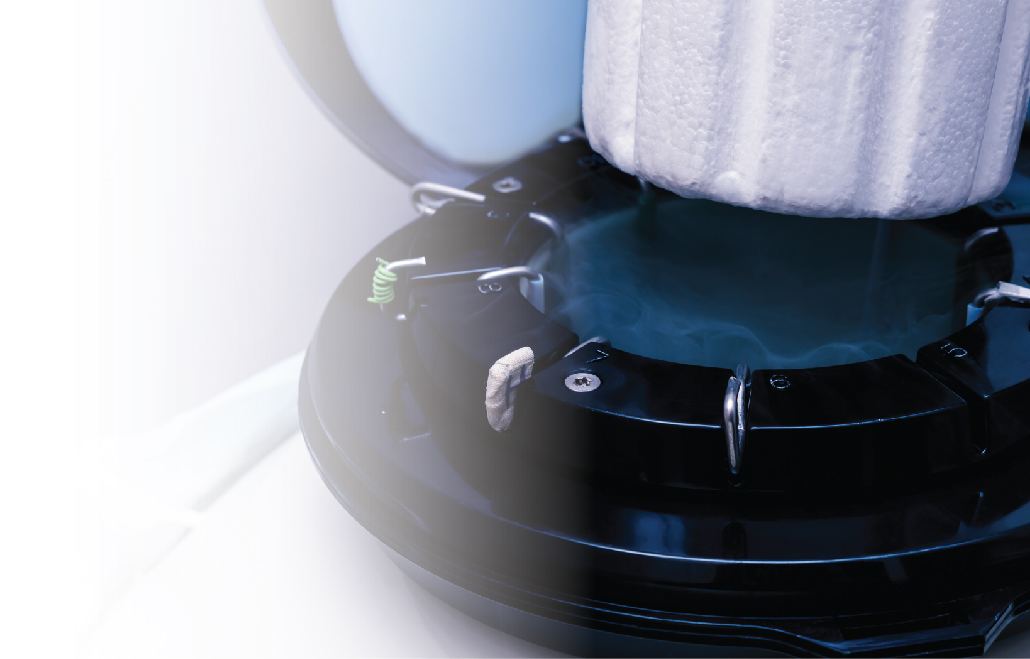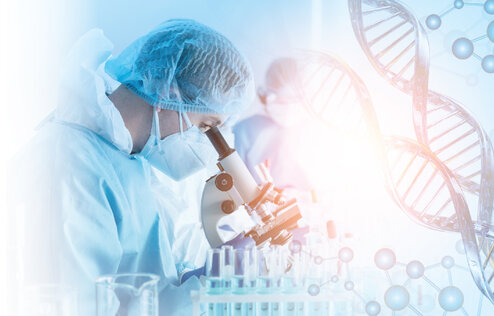IVF and ICSI
Center : Nakornthon Gift Fertility Center

IVF: In Vitro Fertilization
IVF (In Vitro Fertilization ) was started in 1978 and considered the turning point of infertility treatment. It is modern and helps to improve pregnancy rates. The method of IVF and other reproductive assists that are currently prevalent and have been successfully developed at higher and more cost effective than using basic methods such as surgery to treat the fallopian tubes, etc.
ICSI: Intracytoplasmic Sperm Injection
ICSI: Intracytoplasmic Sperm Injection is a technique of selecting a single sperm into a small glass needle and then directly injected into the egg. It helps fertilization in cases with low sperm count or sperm cannot penetrate into the egg by itself. It is a method of injecting sperm directly into the egg to increase the chance of fertilization.
Procedure of ICSI: Intracytoplasmic Sperm Injection as followed
- Ovarian stimulation to acquire multiple good quality eggs: The ovarian stimulation will usually start on the 2-3 day of the menstrual cycle by continuous injections of about 8-12 days depending on the response of the patient to the drug. Normally, 8-15 eggs are needed (depending on the response of each woman). The ovarian stimulation drug is higher in purity. It can be injected through the abdomen (previously injected into the hip) to reduce the pain.
- Monitor egg growth: after ovarian stimulation, the doctor will monitor the growth of the eggs. By using ultrasound together with assessing the hormone level by blood test. When the eggs is fully grown, the doctor will give a hormone injection which will induce the fertility of the eggs. After that, the egg will be collected within 34-36 hours to prepare for fertilization outside the body.
- Egg collection: it is done through the vagina (no mark on abdominal) by using ultrasound to determine the location. Then use a small needle to suck the egg out of the ovary. It does not take long and the doctor will give sleeping pills while collecting eggs to reduce the pain. Therefore, it is necessary to refrain from food and water at least 6 hours. When the patient awake, can go home. The egg cells will be cleaned in a culture media and kept in the laboratory to fertilized with sperm.
- Sperm collection: on the day that the woman collected the eggs, the man must come to collect sperm for fertilization. Sperm is collected into a prepared sterile container. After that, selected the strongest sperm, then fertilized with eggs using IVF or ICS method in the laboratory that controls temperature, pressure, humidity and light. The embryos are cultured for 3-5 days outside of the body. In case that, sperms cannot be collected on the same day as the eggs, they can be collected earlier then frozen. The sperms will be thaw for fertilization on the day of the egg collection.
- Raising embryo in the laboratory: once the embryo has been obtained, in general, it will be cultured for 3-5 days in laboratories that control the appropriate factors for the embryo. In some cases, there may be chromosome tests to find abnormalities of the embryo and the doctor will select the best embryo that to move into the uterus.
- Move the embryo to the uterus: to return embryo to the uterus is done by using a small plastic tubes inserted through the vagina into the uterus. Then place the embryo under ultrasound to see the suitable location. However, while inserting the embryo, the patient will be aware all the time but without any pain. When the embryo has been implanted, the patient is asked to rest for at least half an hour before going home. Avoid lifting heavy objects or exercises in the lower abdomen or groin and refrain from having sexual intercourse. The most important thing is to use vaginal suppositories and hormonal drugs as prescribed by the doctor every day until the day of appointment. Normal daily activities can be done.
- Pregnancy test: after implanting the embryo, 9-11 days, the doctor will make an appointment for blood tests to test pregnancy hormones. However, it is not recommended that patients test pregnancy by themselves due to possible errors. However, the success rate of each couple is different. It depends on many factors; both the physical conditions and the readiness of individual.
Online Consultation
Free of Charge
Article of Nakornthon Gift Fertility Center
Infertility: A Common Reproductive Issue That Can Prevent Pregnancy
Embryo Chromosome Screening Using NGS: A Technique for Detecting Fetal Abnormalities Before Pregnancy





